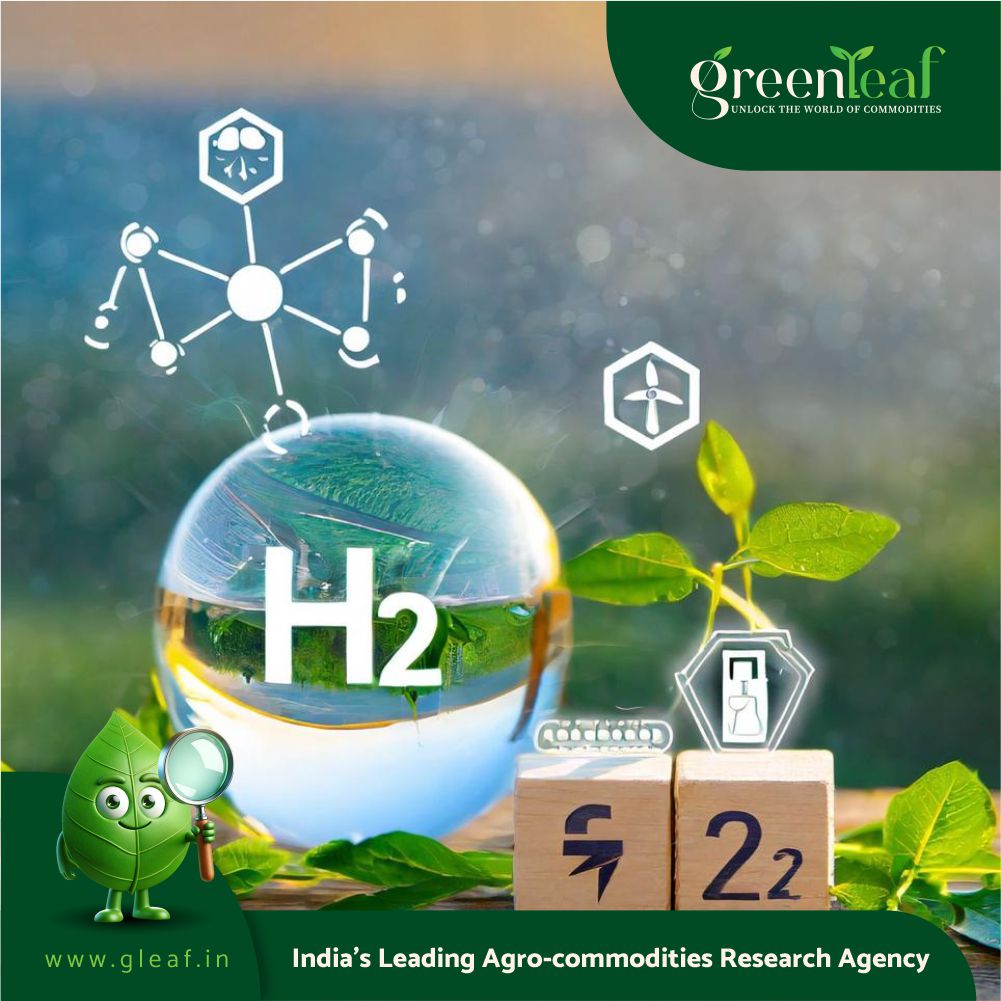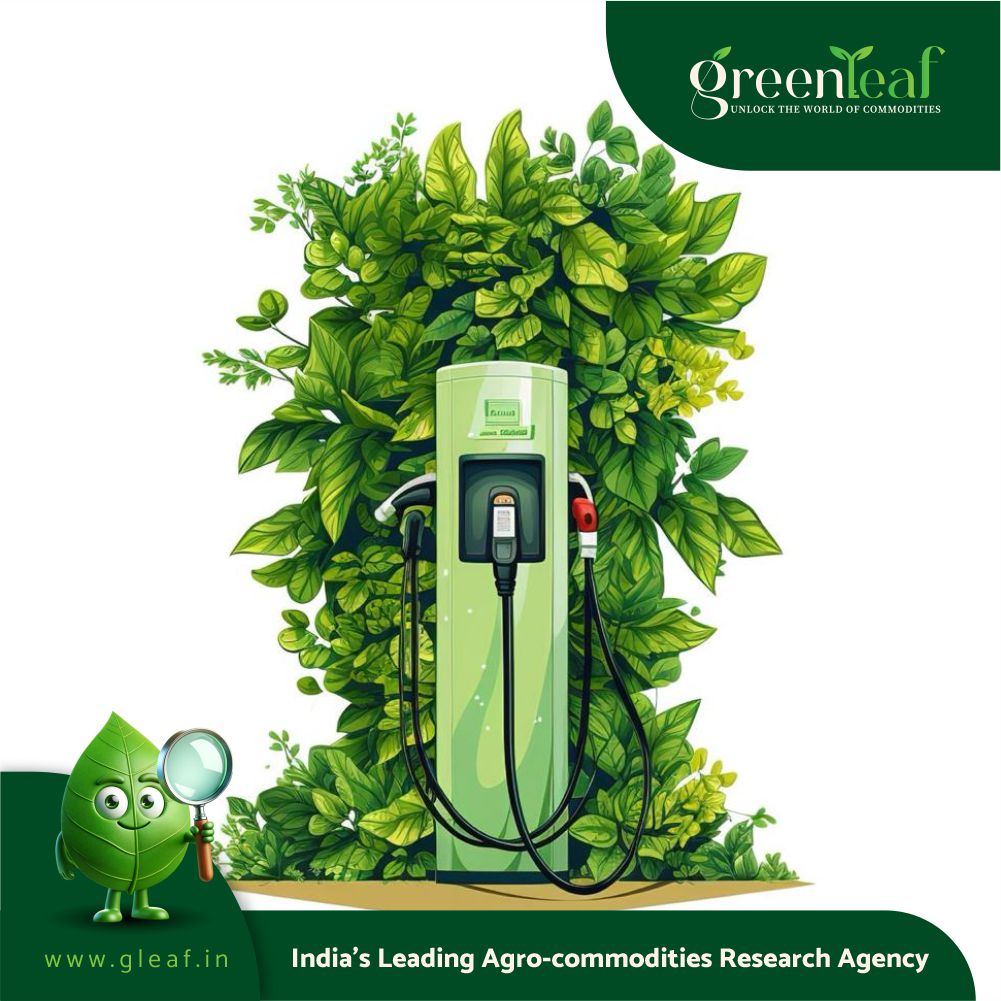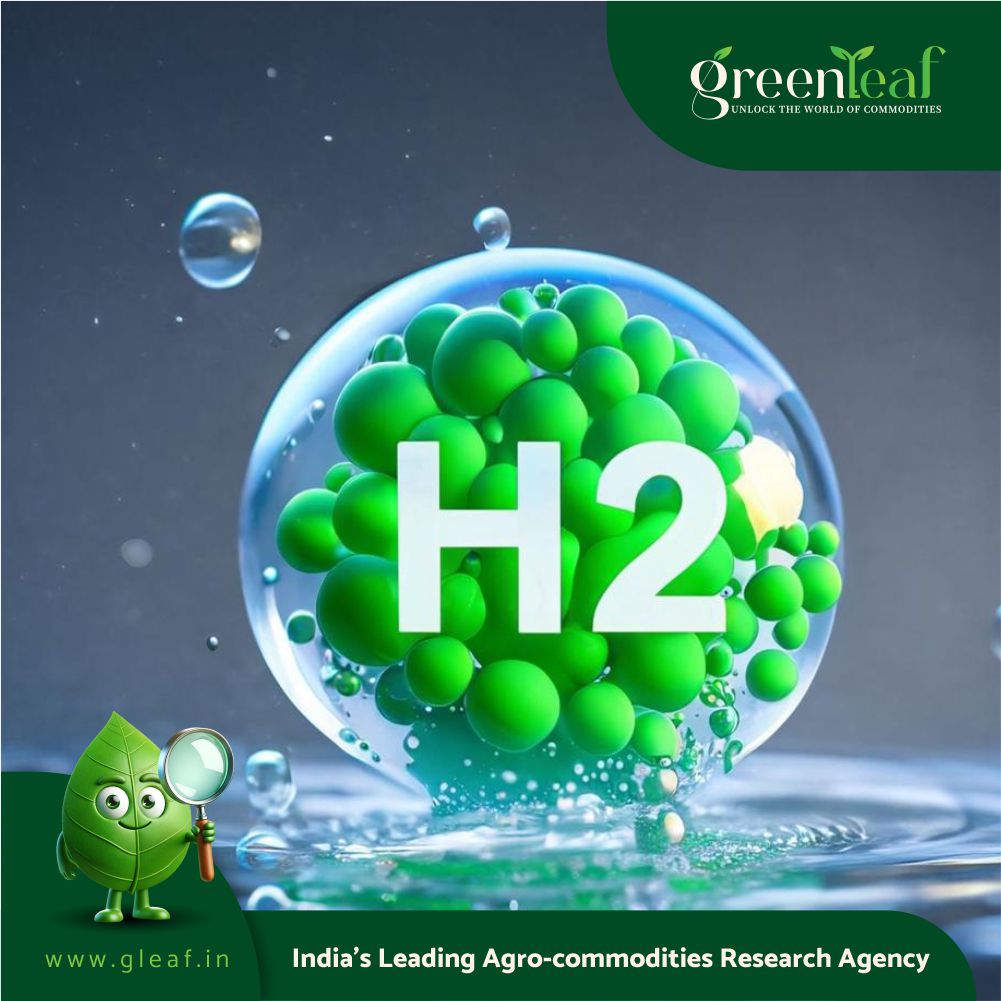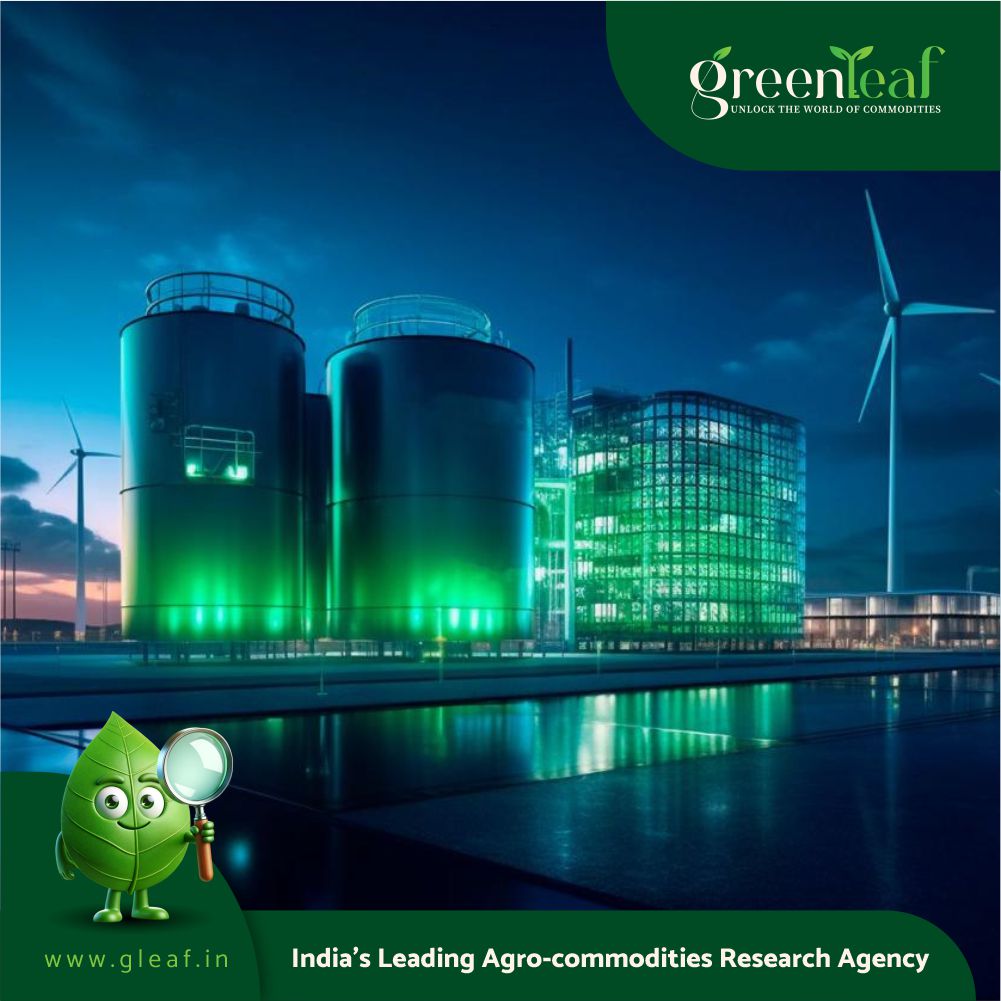An Indian government move to relax restrictions on wind turbines used for production of green hydrogen and its derivatives has sparked political controversy and prompted concern it could “open the door” to Chinese imports of renewables equipment.
But analysts have also suggested that the new rules could allow a huge ramp up of renewable power supply for green hydrogen production, and massively reduce development costs.
The notice at the heart of the matter was issued this week by India’s Ministry of New and Renewable Energy (MNRE).
MNRE is allowing renewables developers which are exclusively supplying green hydrogen projects within the government's Special Economic Zones (SEZs) to procure wind turbines and PV modules independently, without the need to choose from its approved lists for renewables kit.
Also exempt will be those located within a designated “Export Oriented Unit” (EOU), ie, a green hydrogen export complex.
EOUs and SEZs both offer major incentives such as tax breaks and duty exemptions to manufacturers and producers in a bid to encourage investment.
In order to qualify for the exemption, the renewables capacity must be commissioned by the end of 2030.
The MNRE has not published any rationale for its new rules. It has been hailed in some quarters as helping to drive forward viability of production of green hydrogen in India, which wants to produce five million metric tonnes per annum by 2030, create major new industries around green fuels and become a big exporter of renewable H2.
The country earlier this year awarded subsidies for green hydrogen production to a list of major industrial players, as reported by Hydrogen Insight.
Vikas Shokeen, a senior investment analyst at Aramco India, wrote on LinkedIn that the exemption would help facilitate “rapid deployment” of renewables infrastructure for green hydrogen production.
Indian law firm PCJ Partners wrote that the move is expected to lower equipment costs for green hydrogen producers by allowing them to source cheaper solar modules and wind turbines.
Set up ostensibly to assure the quality of equipment, the MNRE lists have been seen as a “non-tariff barrier” to help protect locally renewables suppliers from foreign competition, despite the fact that the wind list features the wares of the numerous large foreign manufacturers producing in India, such as China's Envision.
Sidharth Jain, CEO of India-based consultancy MEC+, told Hydrogen Insight's sister publication Recharge: “If you look at the orderbook plus the exports being done out of India, the situation is tight in terms of supply [of wind turbines] for the next one to two years.”
“Moreover, not all the models are available in India which can target low wind speeds. Even though OEMs are targeting licensing agreements the process will take time. This notification allows ease of this pressure.”
“However, this will be opposed as it takes out a large chunk of the market which domestic players had in sight.”
The “blanket approval” for turbines of any size could be interpreted as India being “open for Chinese imports,” which he said “may halt some plans of investments in the supply chain”.
“This will create confusion around government’s policy regarding promoting local manufacturing in the country. The surprise is leading to lots of speculation – no one knows for sure what is the reason, who benefits, why this time?”
The Hindu Business Line reported claims that the Indian domestic wind industry was “aghast” at the move and it was strange having come in the middle of the country’s general election, which is being conducted in seven phases between April and June.
It quoted one anonymous source who said they believe the notice favoured a “large industrial conglomerate” that has interests in SEZs, green hydrogen and renewables and wants to use turbines from China’s Windey.
Indian congressman Jairam Ramesh, of the opposition Indian National Congress party, slammed the move on X (formerly Twitter), claiming it was a “blatant and brazen violation” of the Indian Election Commission’s code of conduct, adding, “Who benefits?”
MNRE secretary Bhupinder Singh Bhalla told the Economic Times that the notification was issued with prior approval from India's Election Commission.
The MNRE was approached for comment.
A version of this story was originally published on Hydrogen Insight's sister publication, Recharge.
















